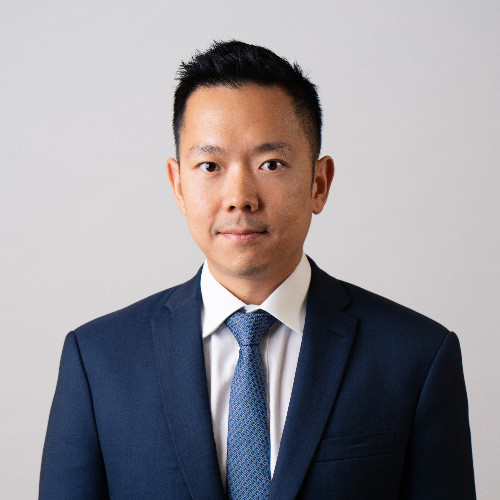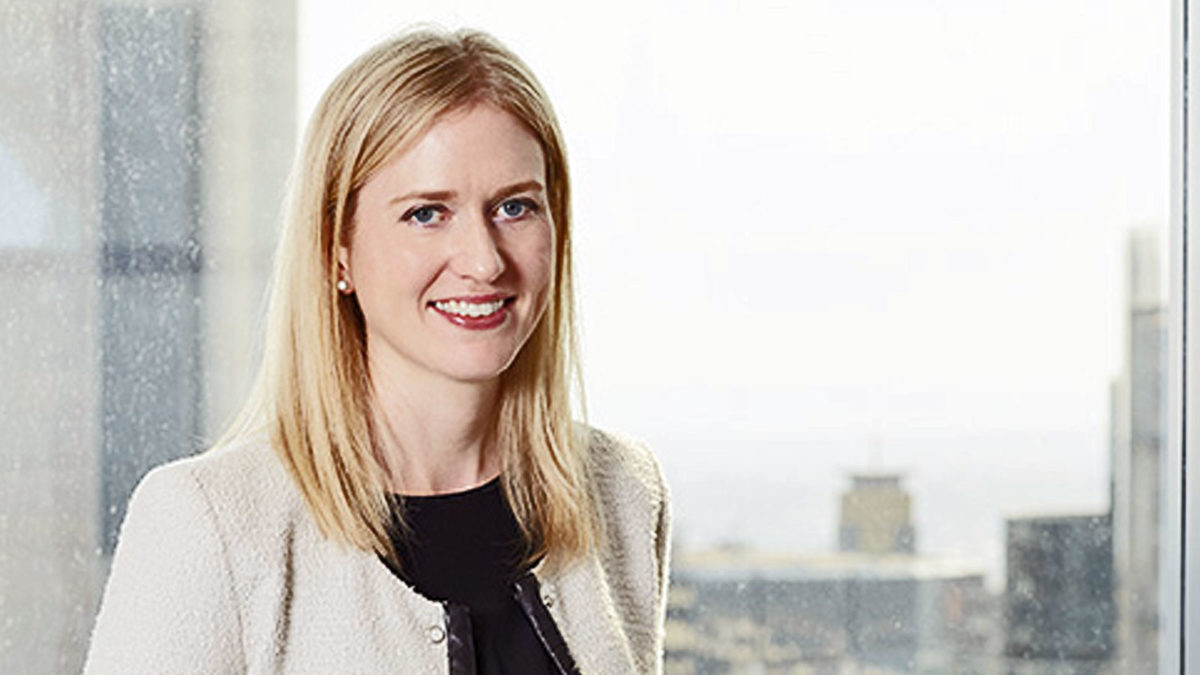Australian private capital surges
Private capital has shot away from the rest of the alternatives sector in the past few years and did well enough during the worst of the pandemic to support long-term growth predictions.
A webinar organised by the Australian Investment Council, in association with researcher Preqin, last week (June 10) provided some colour around the annual report for Australia launched in May.
Mark O’Hare, Preqin’s UK-based chief executive and founder, said that the trends in Australia and New Zealand broadly reflected the global trends for private markets.
“Australia is all about resilience in turbulence, which is the name for this webinar. It has strong investor confidence,” he said.
In private equity, Australian funds had shown the second-highest level of returns, after the US, last year and with the lowest volatility. Australia showed a return of 13.4 per cent and volatility of 10.4 per cent compared with major markets in the Preqin database. North America showed a 16 per cent return with a 12.2 per cent volatility.
He said the growth in venture capital in Australia had been a “remarkable story”. With about $1.3 billion raised in 2019 – a record – compared with $720 million in 2019. For the total private capital market, $8.3 billion was raised in 2020, which was 20 per cent up on the previous year and against the global trend of a 10 per cent “dip” due to covid-19.
Apart from hedge funds, which Preqin also researches but were outside the remit of the AIC report, real estate investors had the toughest year. Fund raising for private real estate was down 54 per cent to $1.5 billion in 2020. Only 14 real estate funds were closed last year compared with 38 in 2019.
As with the listed markets, Australia continued to outpace the rest of the APAC region in the implementation of ESG policies, he said. There were 173 Australian signatories to UN PRI compared with second-highest Japan’s 88 and third Hong Kong’s 56.
Big super funds were the main drivers of the ESG trend at the institutional level. Catholic Super and Christian Super were Australia’s first PRI signatories in 2006.
From the perspective of a big Australian investor in private markets, Kelvin Mak, the Future Fund’s PE and VC director, said Australia tended to be less volatile than other markets and the Government had managed the pandemic well.

“The Future Fund continues to have confidence in Australia and continues to invest in Australia. We made a [new] allocation in PE last year,” he said.
Asked about the deployment of capital among PE general partners, Georgina Varley, a director of Adamantem Capital, said that in her firm’s chosen segment, which was deals in the mid-market range of $100-300 million, there tended to be more opportunities because of less competition than at the larger and smaller ends of the market.
“Dealflow did drop off in 2020 but we are seeing a significant uptick now,” she said. “There are lots of IMS in the market. There’s more competition for higher growth opportunities. We are also seeing quite a few larger assets coming to the market as the backlog eases. Valuations are still high but in the mid-market we try tom focus on less contested processes.”
Private debt, as a relatively new and rapidly growing sub-sector, appeared to have little competition for deals by comparison, certainly little-to-no competition from the banks which were traditionally dominant.
Andrew Tremain, a managing partner of Metrics Credit Partners, said there was growth across all sectors in private credit last year. Metrics has about $6 billion in assets under management, of which about $2 billion is retail money through listed and unlisted vehicles, which compares with its launch fund raising of $75 million in 2013.
In terms of fund raising, Tremain said his firm was about giving investors a choice. The manager has expanded into New Zealand, with a small office in Auckland, following three hires last year: Wayne Skerten, Richard Mandeno and Devna Bilimoria – all previously with ASB Bank – and has local offerings. It was also looking at establishing Luxembourg and/or Cayman Islands funds.
The Future Fund, and some of the larger super funds, have long been criticised by Australian general partners and hedge fund managers for preferring to invest through the larger, usually US, service providers.
Kelvin Mak, said that Future Fund took a “whole portfolio” approach to investing, introduced by former chief executive, and before that CIO, David Neal. But VC was still one of the most attractive areas to invest.
“We see tech as a horizontal not a vertical. Australia has leaders in agritech and fintech,” he said. “Valuations do seem elevated… We’re monitoring the SPAC activity overseas [mainly in the US bust also in Asia] but there are probably new regulations on the horizon. Watch this space… They provide exit paths for a lot of our portfolio companies. This may be a bubble, but we’ll ride it while it lasts.”
Yasser El-Ansary, AIC’s chief executive, said that the difficulties some general partners had with raising money from super funds might provide some impetus to the further democratisation of the private markets through better retail investor access.
“It does feel like there is increasing attention being paid to this challenge. In PE, in particular, there are challenges around the capacity to raise money from super funds.”











